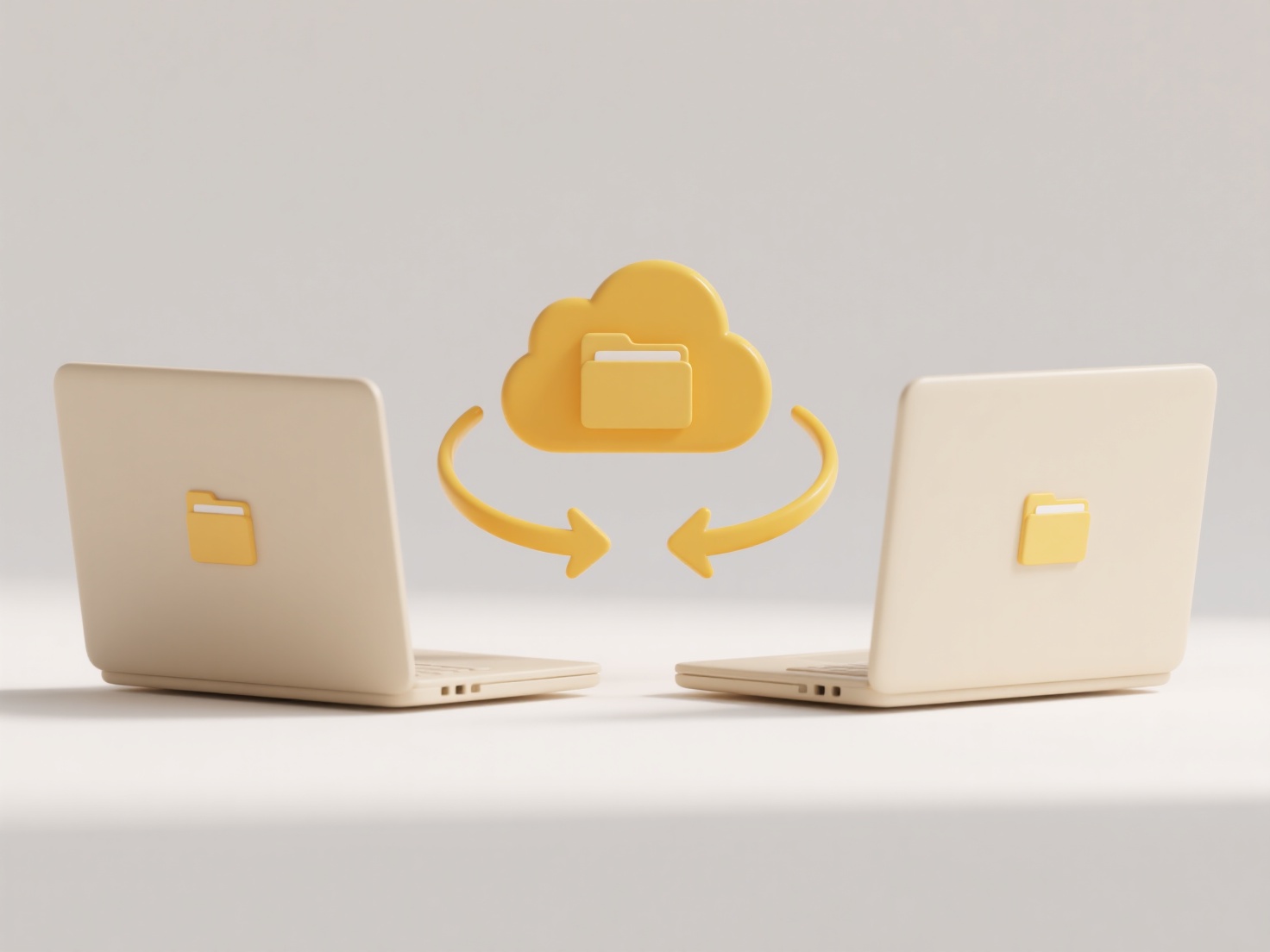
Shared file platforms often establish collaborators as individual copy owners rather than just viewers. Once edit access is granted, the collaborator essentially has their own instance of the file within their account space. Unlike simply revoking view access to a central file, removing an editor requires deleting their unique copy, which most platforms don't permit automatically due to data ownership principles. The initial share fundamentally distributes ownership or persistent editing rights.
For instance, when you share a Google Docs file with "Editor" rights, each person added becomes a co-owner able to create personal copies. Similarly, in platforms like SharePoint, giving someone "Edit" permissions to a document library file grants them persistent rights; they control their instance of that file unless their overarching library permissions change. The inability to directly "unshare" an individual stems from this individual ownership model once rights are granted.

This permanent delegation limits the original owner's control over file dissemination once editing rights are given. A key workaround involves changing the underlying permissions of the original file or folder to "Viewer" for everyone, then manually re-adding desired editors – this severs previous edit access links. Alternatively, moving or deleting the original file removes all access points. Future developments might offer time-limited edit access, but current permissions highlight the importance of careful initial sharing due to ethical data control implications once rights are delegated.
Why can’t I remove a collaborator from a shared file?
Shared file platforms often establish collaborators as individual copy owners rather than just viewers. Once edit access is granted, the collaborator essentially has their own instance of the file within their account space. Unlike simply revoking view access to a central file, removing an editor requires deleting their unique copy, which most platforms don't permit automatically due to data ownership principles. The initial share fundamentally distributes ownership or persistent editing rights.
For instance, when you share a Google Docs file with "Editor" rights, each person added becomes a co-owner able to create personal copies. Similarly, in platforms like SharePoint, giving someone "Edit" permissions to a document library file grants them persistent rights; they control their instance of that file unless their overarching library permissions change. The inability to directly "unshare" an individual stems from this individual ownership model once rights are granted.

This permanent delegation limits the original owner's control over file dissemination once editing rights are given. A key workaround involves changing the underlying permissions of the original file or folder to "Viewer" for everyone, then manually re-adding desired editors – this severs previous edit access links. Alternatively, moving or deleting the original file removes all access points. Future developments might offer time-limited edit access, but current permissions highlight the importance of careful initial sharing due to ethical data control implications once rights are delegated.
Quick Article Links
How do I manage seasonal file organization?
Seasonal file organization manages recurring files linked to specific times of year, such as quarterly reports, holiday ...
How to remove or replace specific words in multiple file names at once?
How to remove or replace specific words in multiple file names at once? Batch word replacement involves finding and mo...
Why can't I open a file with an unknown extension?
An unknown file extension indicates your operating system lacks a default program association to handle that file type. ...